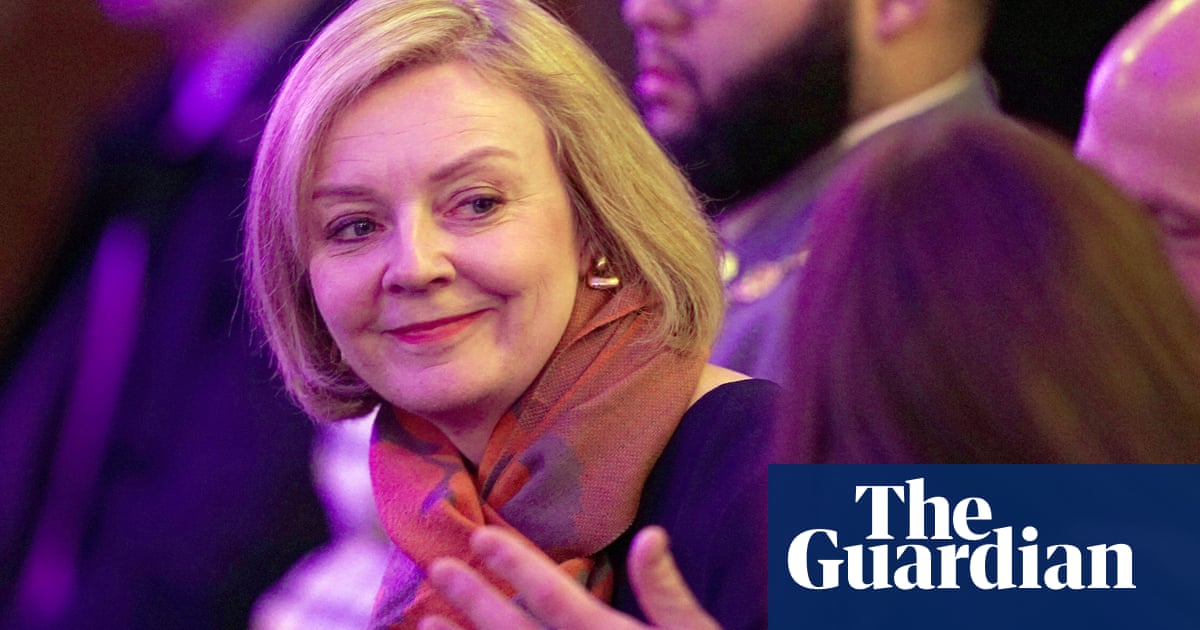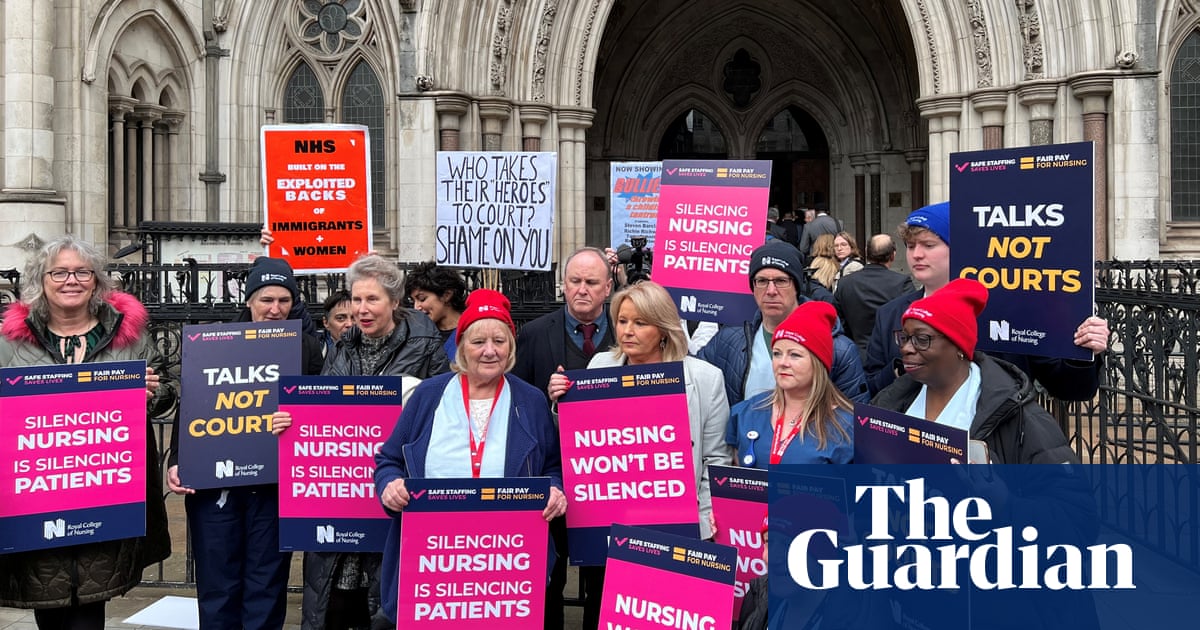
Liz Truss has told striking workers to “get back to work” as she doubled down on her pledge to bring in measures to limit industrial action within weeks of coming to power.
The prime minister suggested that a planned wave of strikes by workers ranging from train drivers to barristers, risked holding the country back during the toughest economic climate in a generation.
The belligerent approach to the issue amid the cost of living crisis, which has led to increased pay demands, will further antagonise trade unions that have already launched legal proceedings against new strike-breaking regulations.
Tensions rose further on Tuesday when rail workers announced plans to strike on the eve of the Conservative party conference in Birmingham next month, with Britain facing a wave of coordinated industrial action from other sectors this autumn.
Truss, in the US on her first foreign trip as prime minister, was asked whether she was still committed to bringing in measures to limit industrial action within 30 days of coming to power, after the plan was derailed by the mourning period for the Queen.
“We are committed to bringing in legislation for minimum service levels on rail as soon as possible,” she said, before admitting that the deadline may have to be pushed back to as late as the end of November.
The prime minister added: “My message is: I want this country to be successful. And that means people being able to get to work. People being able to get on with their business, people being able to move projects forward.
“So I would encourage rail workers to get back to work. There’s no doubt we’re facing tough times as a country; I want to take a constructive approach with the unions, but I would tell them to get back to work.”
The chancellor, Kwasi Kwarteng, and the business secretary, Jacob Rees-Mogg, have also repeatedly promised action to weaken unions’ power.
Eleven trade unions, led by the Trades Union Congress (TUC), have sought permission for a judicial review of new laws allowing companies to use agency workers to break strikes – legislation they argue is a “broad daylight” attack on the right to take industrial action.
Truss denied she was planning to rip up EU regulations that protect workers’ rights, such as the limit on hours in the working week and the minimum number of holiday days, as her government tries to make the UK more competitive and boost growth.
“What we’re talking about is having the right regulations for Britain,” she told reporters. “That isn’t about removing workers’ rights and holiday days. But there are a number of the EU regulations that are not working for Britain and that we need to do things differently.”
She added: “In 2016, people voted to leave the EU. It’s now 2022. What I have pledged is that by the end of 2023, all those EU rules will be off the statute books and we will have our own rules.”












